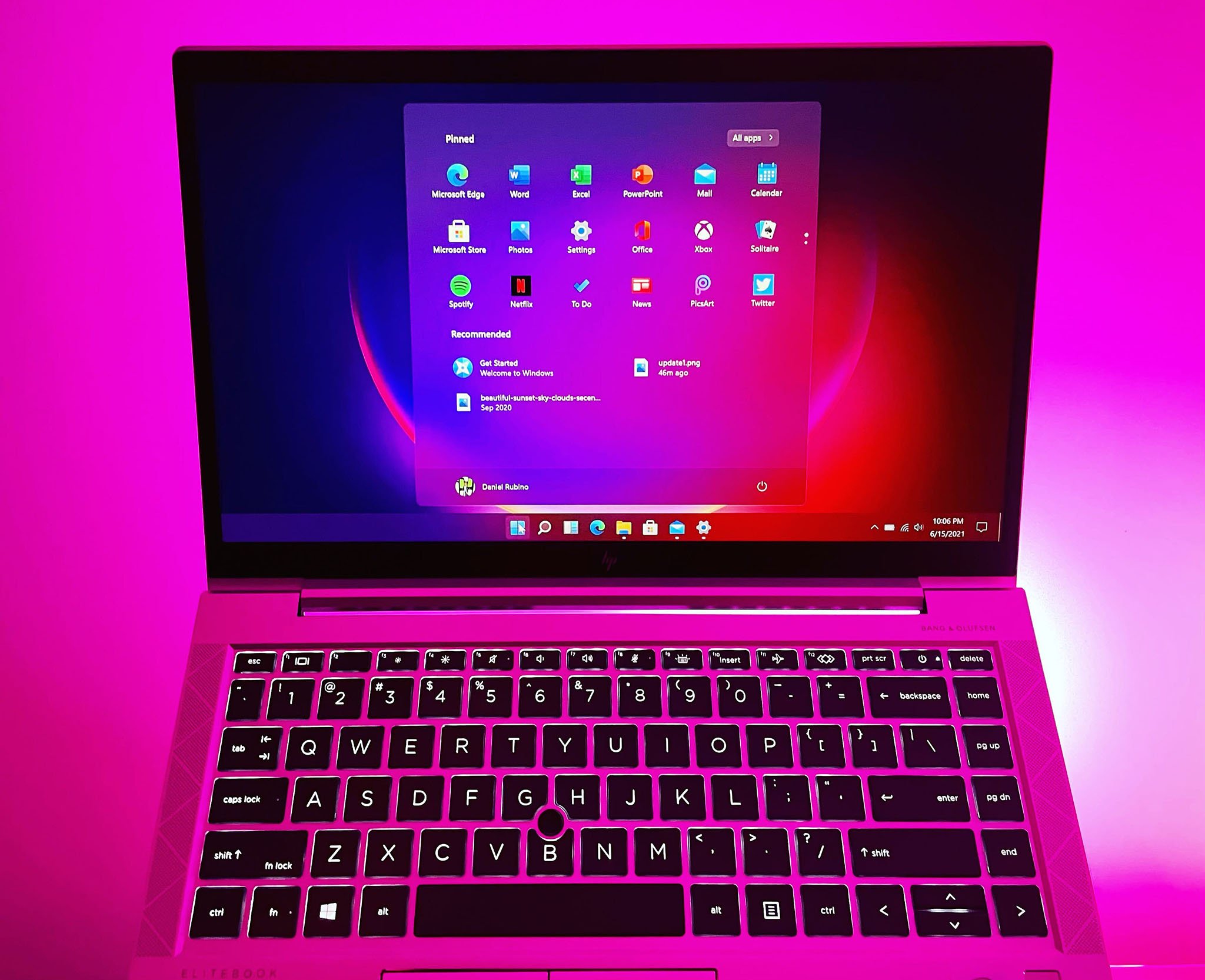In the late summer of 1969, a song debuted on Billboard’s Hot 100 that would emerge as the year’s biggest hit. The final year of the ’60s had already produced some stone classics—literally: from Sly Stone to the Rolling Stones, plus the Beatles, Marvin Gaye, the 5th Dimension, and Tommy James and the Shondells. But this newer group’s hit topped all of them. And the “group” didn’t even exist.
The Archies were an animated garage-rock combo. As comic-book characters, the high schoolers of the Archie universe—including Archie, Jughead, Betty, and Veronica—date all the way back to the Second World War. But in 1968 and ’69, they were also the stars of The Archie Show, a CBS Saturday-morning TV series. The Archies, the band—made up of real-life session musicians, including singer-songwriters Ron Dante and Toni Wine—was created to promote the TV cartoon. And like the Monkees before them, the Archies scored real hits on the Billboard charts. Co-written by Brill Building songwriter Jeff Barry and future ’70s hitmaker Andy Kim, “Sugar, Sugar” sold more than 3 million copies in 1969 alone and commanded the Hot 100 for four weeks. In December, Billboard named it the year’s No. 1 song. To this day, pop critics still consider “Sugar, Sugar” the high-water mark of ’60s bubblegum pop.
Five and a half decades later, the dog days have once again been livened up by a cartoon combo serving up high-gloss bubblegum. In what has turned out to be an extremely dull 2025 musical summer, we needed a rescue—and South Korea has sent us, quite literally, some superheroes: the stars of Netflix’s smash animated movie KPop Demon Hunters, a power-vocalizing, monster-slaughtering girl-group trio who call themselves Huntr/x (stylized in all-caps as HUNTR/X and pronounced “HUN-tricks”). Like the Archies, Huntr/x does not technically exist, even though actual flesh-and-blood humans performed the group’s songs. That includes “Golden,” the soundtrack’s lead single, which hit No. 1 on the Hot 100 this week after a steady climb through most of the summer. Like the TV movie it came from—the sleeper hit of summer ’25, and now Netflix’s second-biggest movie of all time—the stirring “Golden” is a reminder that televised confections have generated some of our sturdiest hits. Synthetic pop can nourish the soul.
I’m not claiming that “Golden” is a classic on par with “Sugar, Sugar.” I’m not even sure it’s the best song on the KPDH soundtrack album—which, like its lead single, has done serious business on the American charts this summer. Currently No. 2 on the Billboard 200, the Demon Hunters soundtrack is packed with bops: No fewer than nine of its dozen songs are currently on the Hot 100, and seven of them are in the Top 40. Some pop fans I know ride harder for the bangers from Saja Boys, who are Huntr/x’s rivals in the movie, including the all-demon boy band’s infectious “Soda Pop” and “Your Idol.” Personally, I prefer “Free,” the soulful love-ballad duet from Huntr/x front woman Rumi and Saja Boys leader Jinu. Rather than filing this article under our regular Slate series “Why Is This Song No. 1?,” I might more aptly answer the question, “Why Is This Album No. 2?”—the movie, the soundtrack, and the whole KPDH phenomenon are what blew up our charts this summer, more than “Golden” per se.
But let’s not sell its flagship single short, because “Golden” is well-crafted inspirational pop. It’s a common music-writer cliché to describe a song as “soaring,” but soaring is quite literally what “Golden” is about, in its musical structure as well as in the lyrics of its chorus: “We’re goin’ up, up, up!/ It’s our moment/ You know together we’re glowin’/ Gonna be, gonna be golden.” It’s like an American Idol coronation song or a Disney “I want …” song run through the K-pop machine, an empowerment anthem tailored for fans to relate to it both individually and parasocially—a big theme running through KPDH, the movie, wherein pop stars’ fans are their most precious asset.
Huntr/x’s real-life voices are Seoul-born singers Ejae and Rei Ami and the New Jersey–born Audrey Nuna—all of them of South Korean descent—but “Golden” is mostly a showcase for the supple voice of Ejae, who sings as the tormented half-demon Rumi. As with any soundtrack song derived from a musical, “Golden” serves as a stand-alone ditty but also contains a hint of plot. In the movie, Rumi is undergoing an identity crisis—as a secret monster and as Huntr/x’s bandleader—and she sings about that confusion in both English and Korean. But even if you haven’t bothered to watch the movie or don’t speak Korean, the drama is self-evident. And that “up, up, up!” chorus will give you a boost, even if it’s just to get out the door to work or summer camp, or to finish another lap on your Peloton.
“Up, up, up!” can also describe the escalating chart performance of “Golden” as well as the movie soundtrack, which has been quite unusual by modern standards. In the digital era and especially the streaming era, most albums and many singles debut in their peak position and drop off from there. But that has not been the pattern for either KPDH or any of its singles. The soundtrack debuted at No. 8 in early July and has climbed to No. 2 (that damned Morgan Wallen album just keeps getting in its way) in a seven-week chart run. The singles began their Hot 100 infiltration well below the Top 40—Huntr/x’s “Golden” started at No. 81 and took another six weeks to reach No. 1, while Saja Boys’ “Your Idol” opened at No. 77 and is now a Top 10 hit, sitting this week at No. 8.
The main reason for this snowballing chart run: again, television. As a word-of-mouth hit that viewers can easily, belatedly catch up with on Netflix—reportedly, its TV ratings are, amazingly, still growing—the movie feeds consumption of the songs, which spurs more movie rewatches by the young fan base and more music consumption in a virtuous cycle. Most of this consumption has occurred, predictably, on streaming services like Spotify and Apple Music—the biggest of the three components that make up the data for the Hot 100. On Billboard’s Streaming Songs chart, “Golden” has already been No. 1 for three weeks and has never left the Top 10. On the Digital Song Sales chart, “Golden” has climbed as high as No. 3 in downloads. The lagger, predictably, is the third Hot 100 component, radio. American program directors are notorious for their aversion to K-pop, but they’re gradually accepting that “Golden” is a for-real hit. The song still hasn’t made the all-genre Radio Songs chart, but on the Pop Airplay list, which focuses exclusively on Top 40 stations, “Golden” has cracked the top 20.
The chart pattern this most resembles is that of the Encanto soundtrack three and a half years ago—and not just because the product’s main appeal is to kids. Billboard reports that “Golden” is the first No. 1 by a fictional ensemble since the cast of Encanto’s “We Don’t Talk About Bruno” in the winter of 2022. Though Encanto was a 2021 theatrical movie first, it was only after the film became a televised staple on Disney+ that the Lin-Manuel Miranda–penned song flew up the Hot 100. In short, you can think of Huntr/x as a hybrid of the Encanto cast and the Archies. Like the Archies in ’69, the fictional K-pop trio is presented as an established group worthy of real-life fandom. And like Encanto, KPop Demon Hunters is showing how streaming TV has changed the game for soundtracks as sleeper smashes.
By reaching the top of the Hot 100, “Golden” and Huntr/x also realize several milestones that span both fictional and nonfictional groups. It’s the first No. 1 in America by a female K-pop act, and the first not affiliated with seven-man boy band BTS. (The septet scored half a dozen Hot 100 No. 1s, from “Dynamite” in 2020 to “My Universe” in 2021, as well as two more toppers in 2023, during the band’s hiatus, by soloists Jimin and Jung Kook.) Huntr/x’s success reinforces that K-pop has reach on the American hit parade beyond that boy-band juggernaut—and, like most of BTS’s hits, “Golden” is sung in both English and Korean, which is important to devoted K-pop fans. And finally, “Golden” is the first No. 1 by a girl group—any girl group, of whatever nationality—in nearly a quarter-century, since “Bootylicious” by Destiny’s Child in 2001. It’s sad that girl groups, which are legendary in the history of rock and soul, have been so out of favor on the charts this century that you have to go back before Beyoncé was a soloist to find the most recent one with a chart-topping hit. However prefabricated their origins, the ladies of Huntr/x are part of a proud tradition.
Honestly, though, the main reason we should be grateful to the Demon Hunters army is what they’ve done to save us—not from underworld beasties but from the summer of our discontent. To say the least, 2025 has not been 1969, hit songs–wise; we needed Huntr/x far worse than the summer of ’69 needed the Archies. All year, the Top 10 of Billboard’s Hot 100 has been clogged with aging holdovers from 2024 (“A Bar Song (Tipsy),” “Die With a Smile,” “Luther”) or even 2023 (“Pink Pony Club,” “Lose Control”). These unkillable streaming and radio favorites won’t move out of the way. And the undisputed 2025 Song of the Summer—on paper, anyway, if not in the heart of any actual carbon-based life-form—is Alex Warren’s snoozy, churchy ballad “Ordinary,” which has racked up nine weeks atop the Hot 100 from June through early August. Even if you are the one American actually excited by Warren’s wife-guy schlock, the damning thing about 2025’s charts has been their predictability. As I said when “Ordinary” rose to No. 1, Warren was expected to fill the role of Teddy Swims in 2024, and that’s exactly what he did. At a time when the news headlines are often depressing, pop music has provided comfort but little joy.
Well, except for KPop Demon Hunters, the one left-field pop surprise of 2025. Even its creators are gobsmacked by its success. Soundtrack supervisor Ian Eisendrath told the Hollywood Reporter that he’d “hoped for like 2 percent of the reception that we’ve had.” The film and its soundtrack were a collaboration between Eastern and Western creators—besides producer Eisendrath, “Golden” was written by Ejae in collaboration with stage-musical songwriter Mark Sonnenblick—in a bid for global conquest. But even if the movie had succeeded with Netflix’s loyal K-drama–watching audience, there was no guarantee the music would do this well with American listeners.
More than two years after BTS took a break so its members could fulfill their mandatory South Korean military service, K-pop had been waiting for its next galvanizing crossover catalyst. Other K-pop troupes—from Stray Kids to NewJeans—have sold truckloads of collectible CDs and merch to their respective fan armies. But other than Blackpink soloist Rosé, who scored a No. 3 hit late last year dueting with Bruno Mars on the spunky “Apt.,” K-pop was not really penetrating the radio airwaves or the attention of the non-converted. This summer, Huntr/x reopened the floodgates.
And … OK, Rumi and her bandmates Mira and Zoey are figments of our imagination—but couldn’t we all use a little imaginary fun right now? The fall will be dominated by the return of Taylor Swift, but don’t expect Huntr/x or “Golden” to fade anytime soon. Netflix ensured the Oscars eligibility of the film and its songs by putting KPop Demon Hunters in a handful of theaters before its streaming debut earlier this summer. So don’t be surprised if Ejae, Rei Ami, and Audrey Nuna are taking to the Dolby Theatre stage next winter, in the hunt (ha!) for a golden (ha again!) statue. I’ll be rooting for them.

